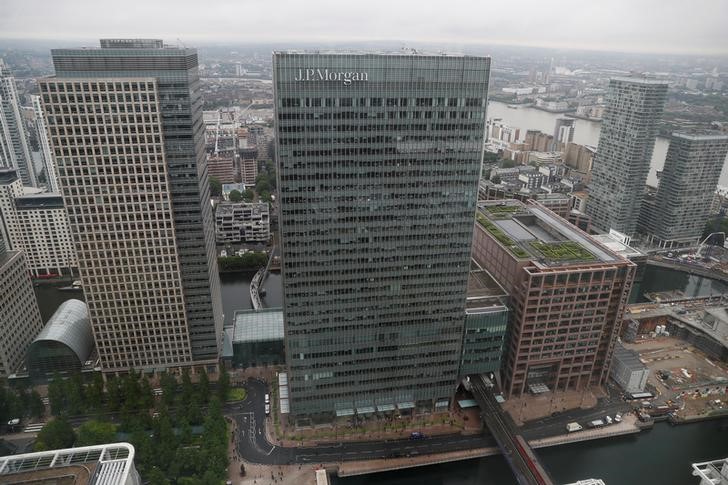Major banks, including JPMorgan Chase (NYSE:JPM), Citigroup (NYSE:C), and Wells Fargo, have reported strong earnings on Friday, despite warnings of potential financial risks ahead by industry experts and executives. Jamie Dimon, CEO of JPMorgan Chase, highlighted successes such as growth in retail deposits, increased market share in investment banking, and expansion of assets under management. However, he also expressed concern about persistent inflation and potential further interest rate hikes.
Dimon drew attention to the possible wide-ranging impacts of geopolitical conflicts in Ukraine and Israel on energy and food markets, global trade, and geopolitical relationships. He also expressed apprehension about tight labor markets and high government debt levels. These factors could perpetuate elevated inflation and drive interest rates higher.
In contrast to the challenges faced by other banks due to rising interest rates earlier this year, JPMorgan Chase has shown resilience. The bank managed to acquire struggling First Republic Bank (OTC:FRCB)'s deposits and assets while maintaining over $1.4 trillion in cash and marketable securities. This acquisition was made possible due to the conservative strategy adopted by JPMorgan during the low-interest-rate period in 2021, where the bank held more cash and liquid securities.
On the other hand, regional banks such as Zions, Discover Financial (a credit-card bank), Truist, and Synovus (NYSE:SNV) have experienced significant Q3 profit drops due to higher deposit costs and loan losses. This struggle is reflected in the S&P Regional Bank Index ETF's 31% year-to-date decrease.
High-interest rates from the Federal Reserve and new US regulatory capital requirements add to these challenges. Fed Chair Jerome Powell acknowledged these issues. Net interest income is a key concern due to increasing deposit costs. Discover Financial's CFO John Greene noted increased stress among customers with low-to-mid credit scores.
Trust reported write-downs and provisions for bad loans amounting to $902 million, indicating an increase in loan losses, while Synovus set aside $73 million in provisions for bad loans. Despite these challenges, Synovus CEO Kevin Blair maintains that the credit situation is manageable.
This article was generated with the support of AI and reviewed by an editor. For more information see our T&C.
